Well, I’ve been meaning to write down a list anyway even before my last post, either as a reflection in my digital journal, or also as a blog post. My therapist seems to agree that writing up journal has done me good, as I’ve also long suspected. Whenever I feel emotionally overwhelmed, my go-to act has always been jotting down some random stories, or just venting on my digital journal, because otherwise, my mind would just went wild with all my anxieties fueling my brain.
My current situation has been: Working from home for months now, at least since last year, I’ve been staying at home more often, and focusing on getting my anxiety level at an all-time low, wanting to spend more time for myself, whatever it is I want and need doing, work and e-learning included.
But either because of the panic attack that triggered me to stay home more often and spare more time for myself, I have basically been socially distancing even before this whole outbreak started. I still go out and meet up with friends, to catch up with them over a cup of coffee, of course, but all in a very slow paces.
What I usually tell people when asked is that I think I am getting a lot more introverted recently, and I reason that maybe it’s because I am getting older and so social interaction with too many people tire me more. But to very few close friends, I also posed the question of my panic attack triggered it. I spent more time asking myself if I want to get out and meet people to socialise these days, while at the same time, I am perfectly happy with just staying in, especially if I was in the mood to clean up. It always lifts my mood to tidy up my tiny 17 sqm apartment just a bit, fold up my futon, and then sit on my floor sofa, with a cup of Earl Grey on the floor next to the sofa and open up the book I am currently reading. Or if it’s office hours then finish whatever task I have on that day. Even just picturing the scene always makes me feel more content, thinking of how cozy it would feel for me.
I remember a friend asked me if I ever feel lonely because I have been spending so much time by myself (well, with my books too) at home. And I told her I have always ask myself this question too, oftentimes. And the fact is, I have felt loneliness sometime in the past 31 year of my life, of course, and what I usually do if I try to observe my own feeling is to compare my current emotion with a similar one I felt in the past and then make a self-evaluation or a diagnosis if it is the same feeling, which could mean I am feeling that way. That was how I guessed as much that I was feeling anxious when I started grad school and not depression, like what I used to feel back in college.So I have previously asked myself if I am, or ever, feeling lonely, spending so much time at home. And the truth is, I am not. When I was depressed back then, I felt miserable thinking how invisible I feel even among people, while at the same time wanting to shut down. But now, I take comfort in being invisible and just being able to do my own stuffs, knowing that no one would bother me because everyone else is also living their life and preoccupied with something I hope makes them happy too.
So all those long paragraphs of introduction preceding this one basically lays out the background of my current state of emotion, and personality, that I hope also helps explaining why now that everyone is basically recommended to self-isolate and socially distancing themselves, I felt it affects me little, at least in terms of my mental health. And since I have really tried to make my tiny 1 room apartment as comfy as possible for me, I found myself having more time to:
- Read more books. I just bought like 3 more books, on top of 5 that I already bought earlier in Istanbul, and finally managed to finish Orhan Pamuk’s The Museum of Innocence sometime last week, and now I’m halfway through Michelle Obama’s Becoming. After this, however, I might not want to read anyone else’s autobiography anytime soon and would want to switch to the good-old fiction book.
- Practice strumming my ukulele. Basically that also translates as disturbing my neighbors with my ukulele practices. I tried learning more songs the moment I found one that I want to learn so much, provided playing the chord isn’t too difficult. After endlessly hurting my fingers trying to play Carrie Underwood’s Love Wins and Don’t Forget to Remember Me, I think my strumming has gotten better.
- Working. Considering the privilege I have to be able to still have a job and got paid in times like this, and even being able to do it from home, I should consider myself lucky to still be able to ask for more tasks to do instead of sitting at home feeling anxious of how I am going to pay next month’s rent. Fingers crossed that I will ever have to.
- Online courses. This is definitely the time to do them. I remember when I was between job and I ended up enrolling for a free course on Coursera, a Basic Philosophy course from the University of Amsterdam. If I got the time back then, there’s no reason I cannot do more now. All I have to do is to get my hands off Moana (my ukulele) or move my ass from my comfy futon.
- Binge-watch all those movies I’ve downloaded but never watched. I got addicted already to This Is Us and there’s no turning back. I am on the third episode of Herrens Veje because I have a celebrity crush on Lars Mikkelsen and I have a few more episodes to go. And then there’s a list of movies and series I’ve saved on my Netflix but never got to watch even though I promise myself I would finish watching Contagion sometime this month. The list just never ends…
- Write more. I used to write plenty short stories back then, just for fun, and realised that I never really do it anymore. I can’t even think of any story right now. Back then even the most bizzare dream I have when I slept would wake me up. And despite the urge to go back to sleep, I know that as soon as I do, I would never remember the crazy story I had in the dream once I woke up the second time. So I would force myself to grab my phone, and typed down the story. Because of that, I remember I dreamt once being chased by a T-rex which came and destroyed my hometown, I remember I dreamt being chased by Death Eaters in a dark, empty building, who detected their prey when you breath near them so I was terrified to breath when I got trapped in the same room as them. I remember I dreamt living a double life where I had a husband, and I was living with his family. I remember all these because I forced myself to get up to simply type what the dreams were. Then of course I went back to sleep (because sleep is the best thing to do).
- Stroll around in an empty, less popular garden to practice shooting motions, or just a random objects and practice finding the perfect composition. Afterwards, I could always just take my books out and just read it there in the garden. Or simply relax and enjoy the view while chatting with my friends. Or write them another series of postcards.
- Go back sketching. I have been drawing ever since I can remember. One of my earliest recollection of me starting to draw something is on the wall of my very first home when I was in kindergarten. My mom and dad arrived home to find our home’s wall have basically been “decorated” by me, and on top of that, I did it with pen. I might remember it wrong, but I think the wall remained the same by the time we moved out of the house. These days, I almost never drawn anything anymore and my past sketches were mostly burned because I was too embarrassed to show anyone of my silly sketches from when I was a kid, but somehow I never really delete the ones I uploaded on this blog. Maybe someday I will, but I can see why now could also be a good time to pick up sketching again.
All these makes me feel like winding down more, and just… be in the moment and re-discover myself to find my own voice. Or maybe see the things I have so far missed for missing a very nice garden near my place.



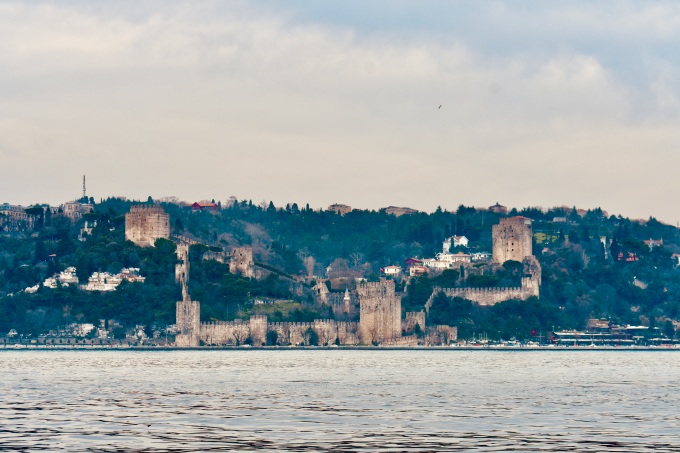
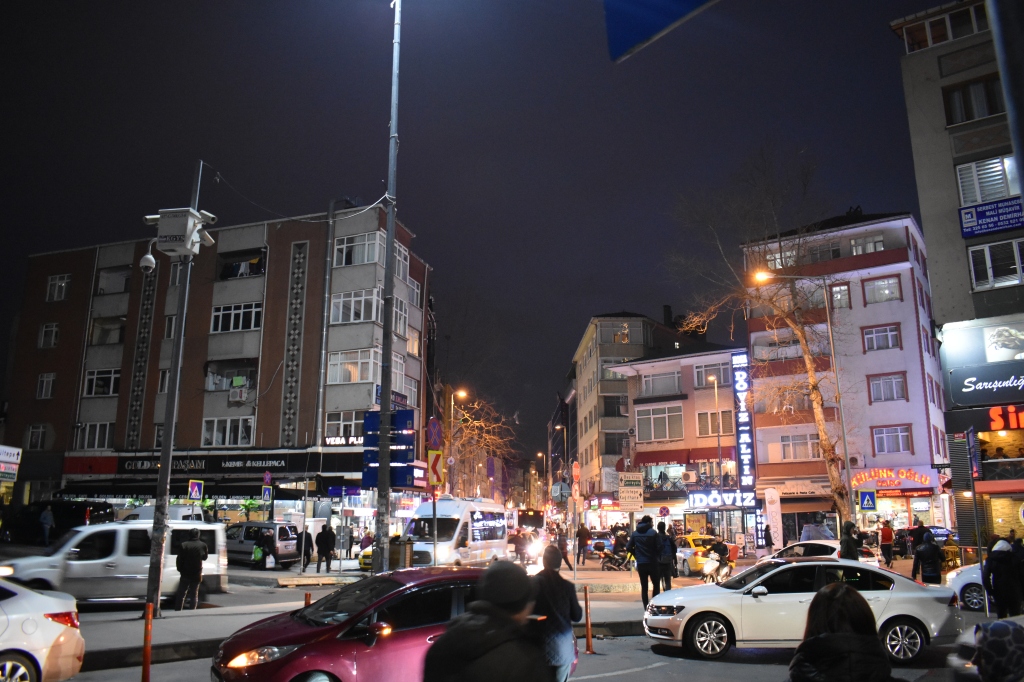
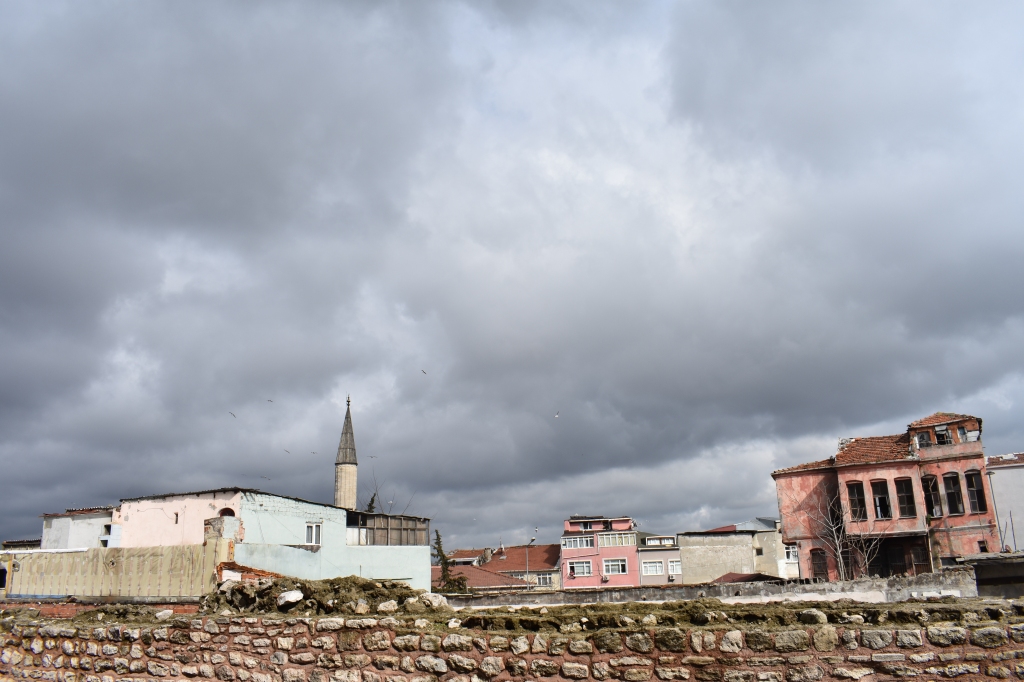
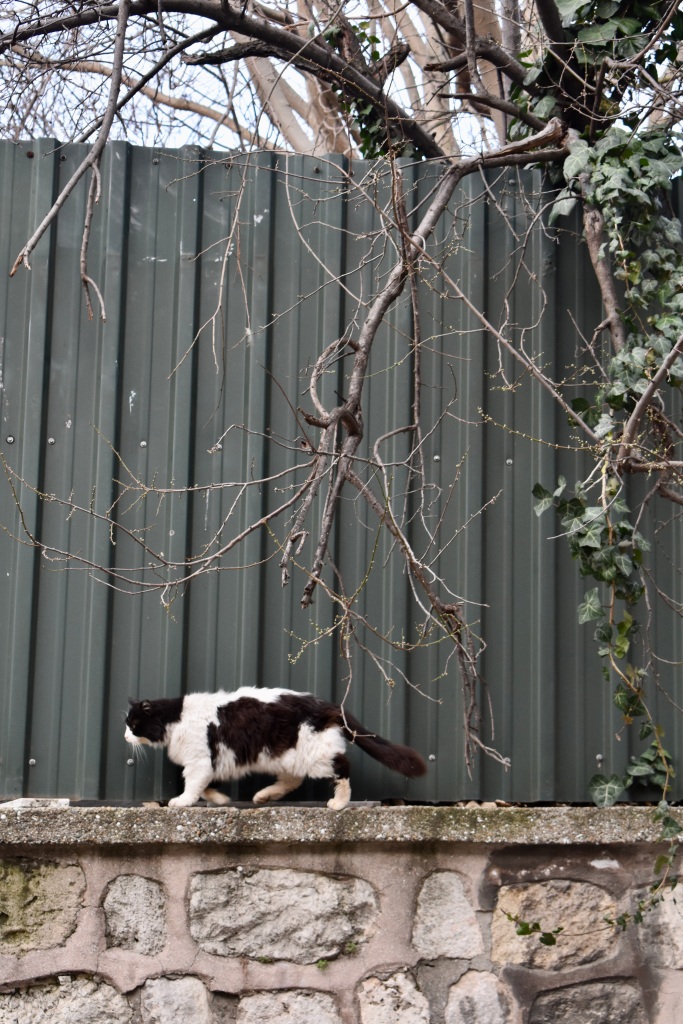

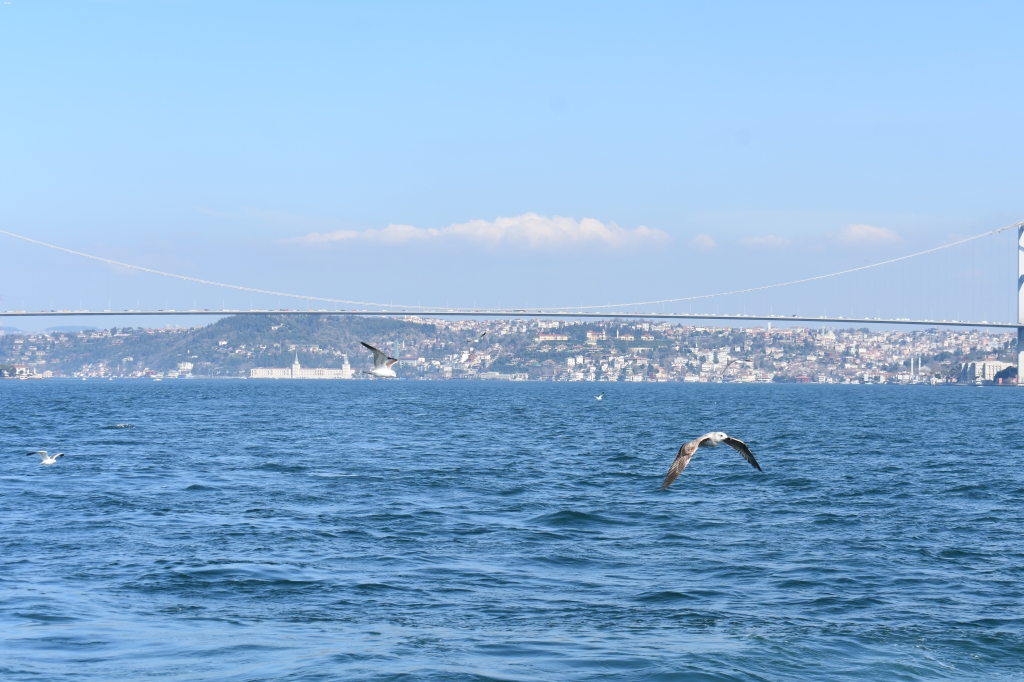

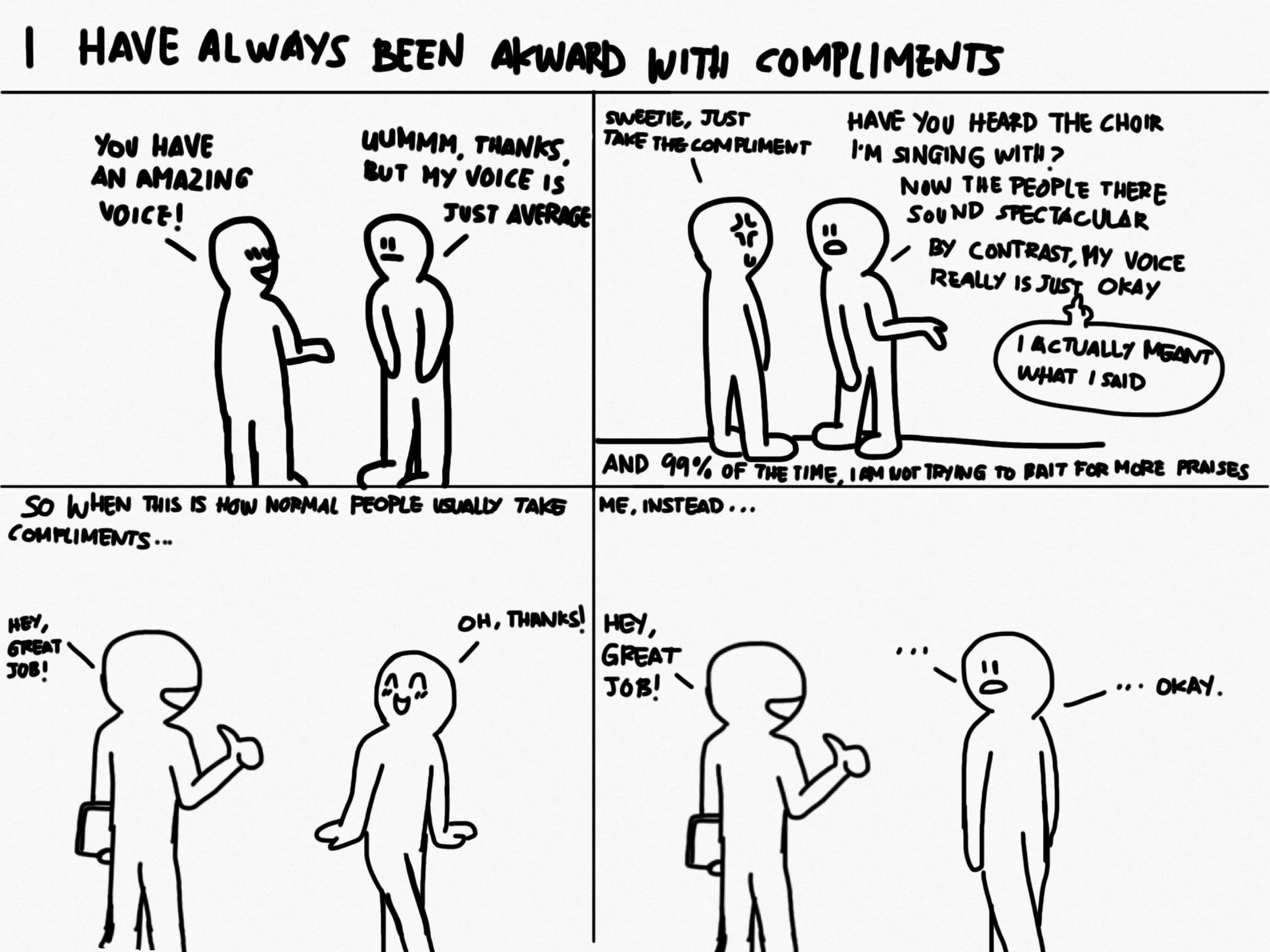
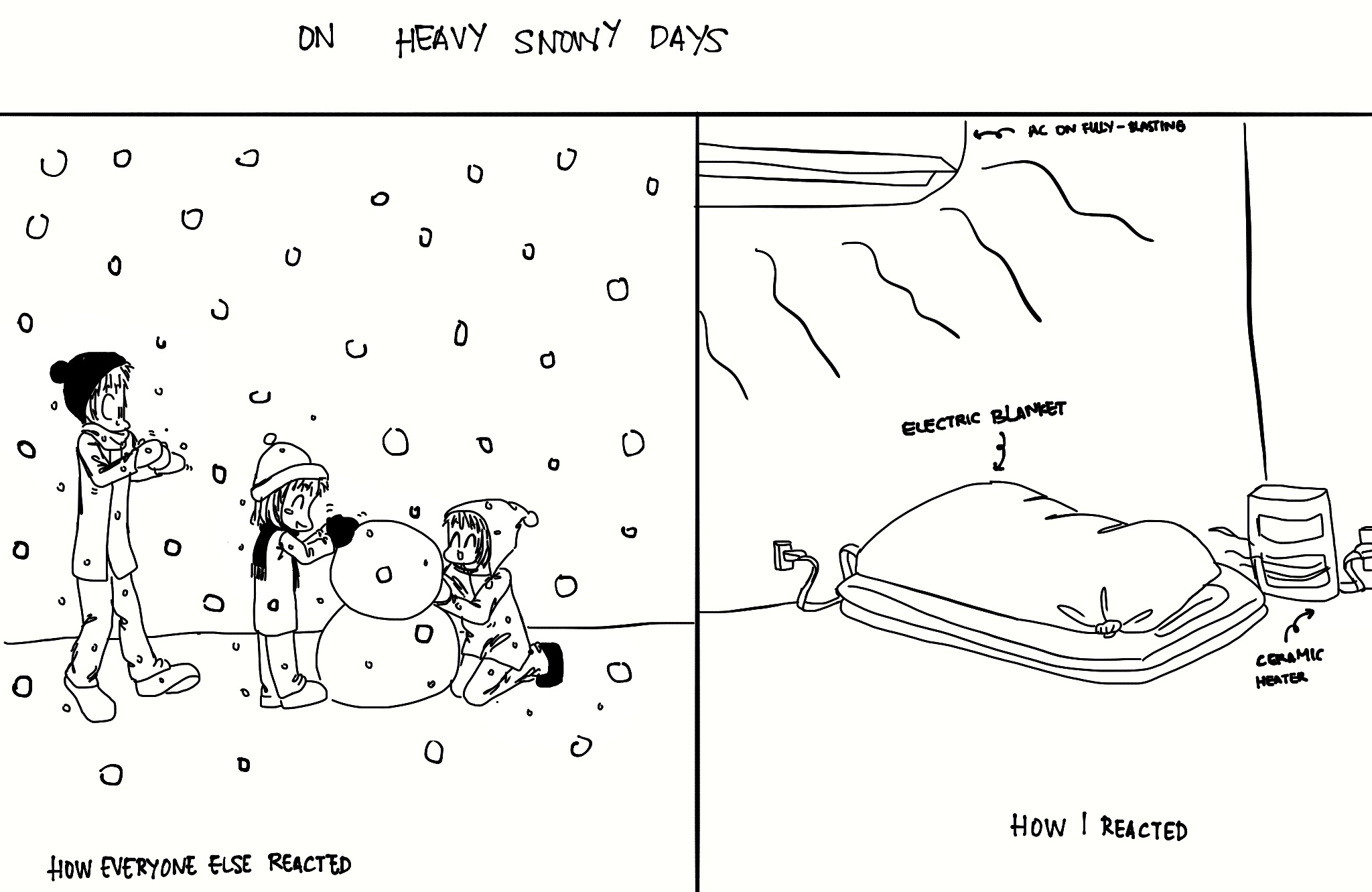



You must be logged in to post a comment.